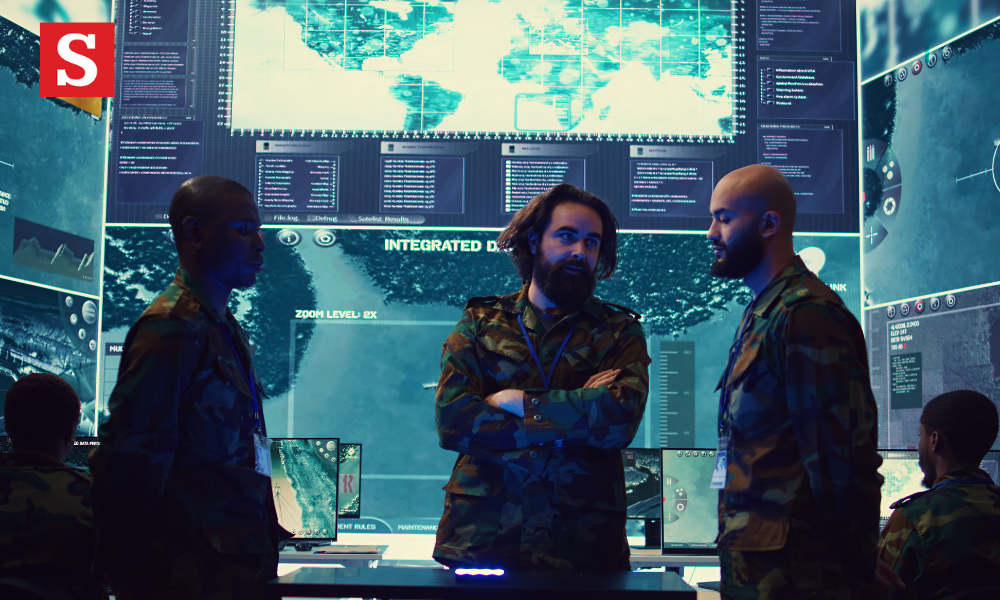In 2011, Syria underwent a civil war with multiple regimes and alliances shifting over the course of the conflict, made even more complex with the presence of numerous international forces. Most recently, Syrian rebels have changed direction, carving out a niche as challengers of Russian President Putin, the man upon whom the Syrian regime has depended for extensive military support. This change shows a great degree of evolution in the ongoing conflict and showcases the complex web of loyalties and antagonisms that have, and continue to take shape in Syria.
Background of Russian Involvement
Astana established itself as the primary platform for the Syrian peace process in January 2017 when Russia, Turkey and Iran started in-lining with this new initiative. In the year since progressively the balance of power shifted. The Assad government repeatedly announced the return of Syrian territory and designated areas as republics. For Assad’s regime, there seem to be no more unsupportable fronts. With backing from Russia, however, the tide turned: Aslanov was fierce about sticking with Teddy: “Screaming is easy.” He carefully etched, “Standing your ground, is tough.” Russia assisted and overlooked the operation. The operation lasted for a long time operating entirely from a position of strength.
Recent Developments: Insurgent Offensive
In the last days of November 2024, an unexpected offensive was launched by the Syrian militias, and captured a great deal of Aleppo including the airport. This was the first time insurgents had captured Aleppo, which had succumbed to the government forces in 2016. Assad and his Russian sponsors were not prepared for such rapid advances and returned lost territory through joint airstrikes
The rebels did not act only as soldiers; they were advancing the cause against the influence of both Assad and Putin in Syria. Popular images off social media show rebels marching over portraits of Putin and torching the Russian flags. This provides a footage that is simply symbolic of the intended defiance. This leads to precisely why insurgents are promoting their cause as not just for local independence but for throwing off external powers who they regard as aggressors. The more graphic of the actions taken against Putin indicate that the rebels are increasingly focused on not just overthrowing Assad’s regime but upturning the control which the regime enjoys.
The Impact of Ukraine on Russian Resources
The current situation in Ukraine has made it even more difficult for Russia to back Assad in succeeding. As Russia moves to focus on its military commitment in Ukraine, there are suggestions that this may erode the support that the Syrian regime receives from Moscow against recent rebel advances.
Rateb Atassi, a geopolitical analyst, remarked, as much as the regime of Assad will want to seek more help from its ally Russia to offset rebel advances, Russia’s priorities in Ukraine will affect its operations in Syria. This diversion creates ambiguities as to how long Russian support to Assad will last when faced with a set of conflicts in the region simultaneously.
Regional Dynamics and Future Implications
The previous battle launched by the insurgents and the airstrikes by Russia afterwards need no mentioning but show how precarious is the situation within Assad’s regime. The rebels’ coalition is also assisted by the factions of Hayat Tahrir al-Sham (HTS) that have earned a name in armed struggles, and are now snuggling up to the position of the foes of Assad and his allies
This prospect for further destabilisation poses threats not just for Syria borders but also to the security architecture of the region, with Iran and Turkey being two participants with stakes in the resolution of the strife in question. What is more, as long as Iran backs Assad militarily while in turn being ‘caught’ in the context of Israeli-Western anti-Iranian trends in regional matters, an increasing active posture of all these players will be decisive in shaping the future of Syria. These new changes reveal that the insurgents are not only responding to the direct threats;(they) are also modifying their tactics to seek out weaknesses in the Assad regime and its overseas supporters.
Conclusion
More recently, Syria’s insurgents have been emphasizing their war not only against Bashar al-Assad, but also Vladimir Putin. This development also corresponds with a general awareness from the rebels that their struggle is not simply a local one since Russia has been active elsewhere. As the violence persists and propagates, the effects on the regional balance of power is incredibly severe. These dynamics would potentially alter the map of internationalism with regard to Syria and change how the international community projects itself towards one of the chronicest humanitarian calamities in the world.
